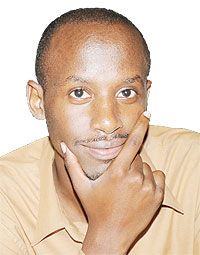Social media: Should there be a limit to what journalists post? (Social media is a cousin to journalism)
The use of social media raises both philosophical and practical questions for news agencies.

Ivan Mugisha

